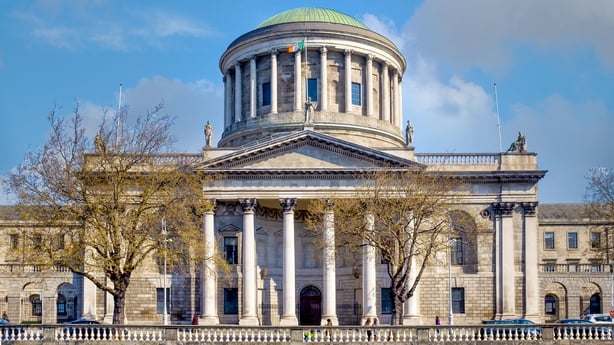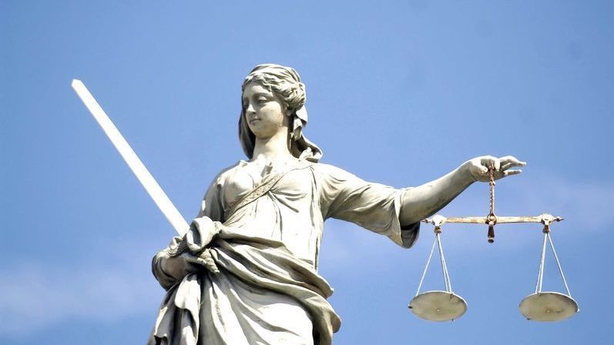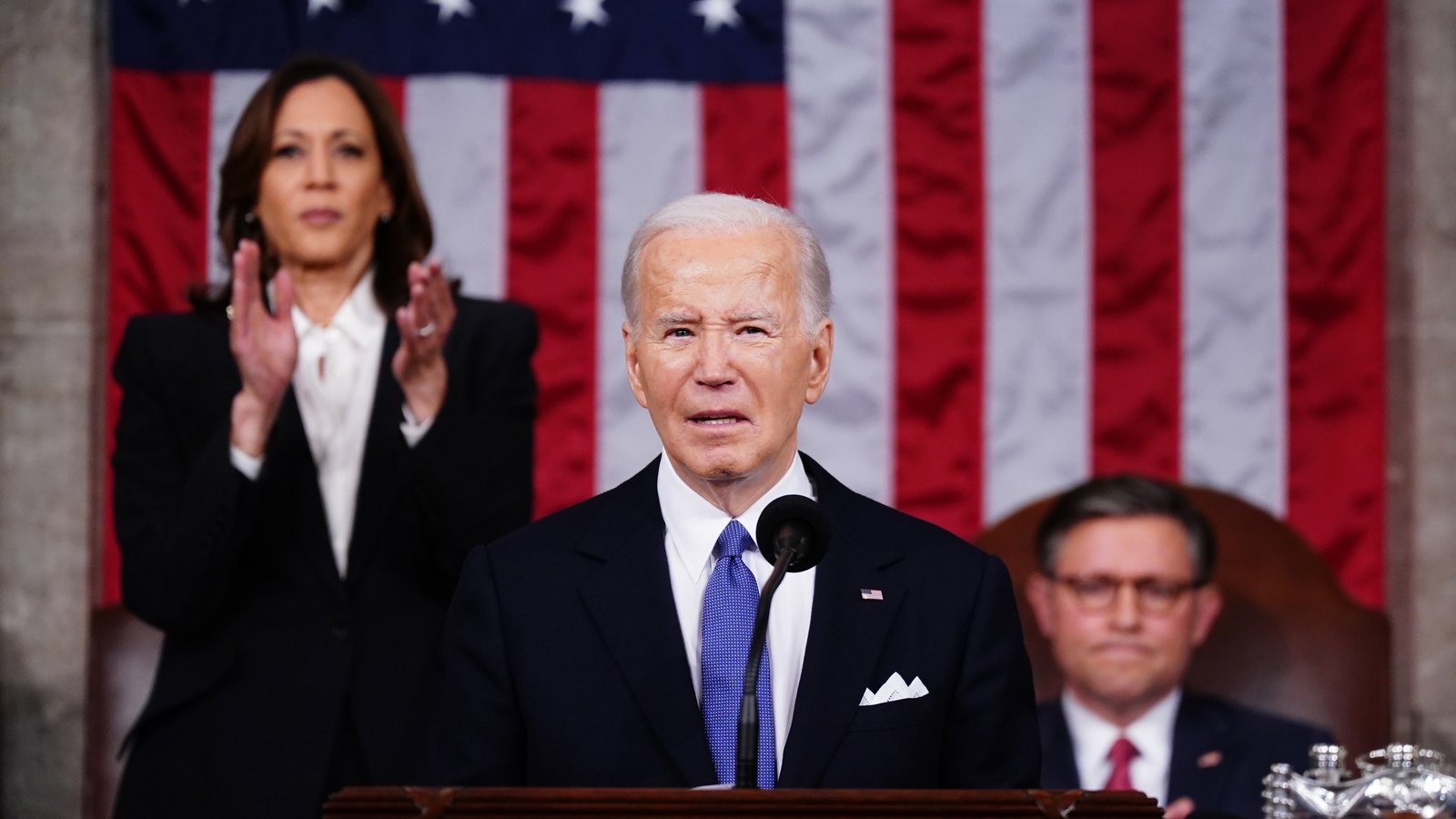Should Ireland get rid of juries in defamation trials?

The summer of 2022 saw many follow with great interest the proceedings in the UK High Court defamation case of Rebekah Vardy v Coleen Rooney.
In a 75-page ruling, Mrs Justice Steyn described Mrs Vardy’s evidence as “inconsistent”, “evasive” or “implausible”.
Mrs Vardy lost her case and was left with a hefty legal of millions of pounds.
The big difference between this case and defamation trials in Ireland is that it was a judge who decided whether Mrs Vardy had been defamed by Mrs Rooney and not a jury.
In the Irish legal system, the question of whether a person has been defamed is left up to a jury.
However, this could change soon as the Government is planning to overhaul the law on defamation in 2024.

A lot has changed in the world since the Defamation Act 2009 was introduced as the ever-increasing use of social media and smart phones is changing how people communicate.
One measure the Government is proposing is the abolishment of juries in defamation cases.
Speaking to RTÉ’s News at One, Trinity College Dublin Professor Neville Cox and co-author of Defamation Law and Practice explained defamation is all about the right to reputation and it is not something that a person enjoys in their own head but something that they enjoy in the community.
The key factual questions therefore are whether a particular statement that was published has a meaning that defames a person and whether they can be identified in the publication.
Prof Cox said when all those questions are asked “you’re looking for, in effect, the community reaction”.
He also makes a distinction between Irish law and British law in that in Irish law a person has a constitutional right to a good name under Article 40 and for the State to protect that right.
However, there are differing views on whether the Government should abolish juries in defamation cases.

Some in the legal profession are calling for them to be retained, while others working in media say they should be dispensed with, similar to what the UK did ten years ago.
The Oireachtas Justice Committee published a report in September recommending that juries should be retained in defamation cases.
That view is shared by The Law Society of Ireland, the regulatory body for solicitors.
Its Director General Mark Garrett said the biggest concern that they have is that removing juries from defamation cases is something that will distance the public from the justice system, which The Law Society believes “is a core part of not only justice but democracy in this country”.
He said that defamation cases are “the last part of the civil law area where juries are involved”.
“Again, it will put a significant distance between the public and the justice system and we feel that is something that could have significant and unintended consequences,” Mr Garrett added.

However, this is not a view shared by Newsbrands Ireland, which represents both local and national news publishers.
Newsbrands Chairperson and Chief Operations Officer with the Business Post Group Colm O’Reilly said that among the criticisms of juries in defamation cases is the unpredictable nature of their decisions, the costs involved and the amount of damages they can award.
He said that these uncertain outcomes “really strike fear into the hearts of editors” and that this is probably one of the single biggest points from the news publishing perspective.
Mr O’Reilly said: “Unfortunately we are part of a society where people take [legal] actions, sometimes warranted and unfortunately other times unwarranted.
“Particularly people with deep pockets, particularly people with nefarious interests and it has a chilling effect on newsrooms where editors are put in a position whereby they may not be able to run a story for fear that that will go legal or indeed could be an extinction-level event for a newspaper if they were to lose.”
However, he does accept that there can be outlier cases where juries are not involved and where the costs can still be high.
The Rooney v Vardy case in London was one such example, where the costs were estimated to run to millions of pounds, even though it was a judge deciding the case and not a jury.
The uncertainty around the amount of damages that a jury can award was addressed by the Oireachtas Justice Committee in their report, where they recommended that judges should be the final arbiters of the amount of any damages in any such cases.
Prof Neville Cox said a more hybrid system may be the compromise.
He added: “If the law was to be reformed, it’s certainly arguable that you don’t need to abolish juries from defamation cases.
“Rather you need to hive out those aspects of the defamation trial where the jury should be involved [that is to say where it is answering questions of fact and where there needs to be a community reaction], from those questions which should actually be left up to judges.”





